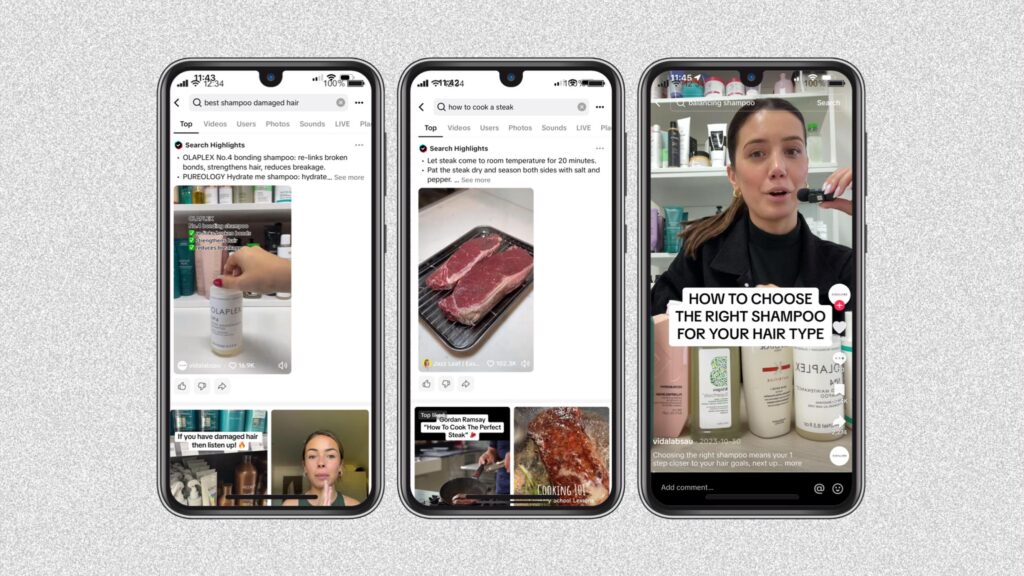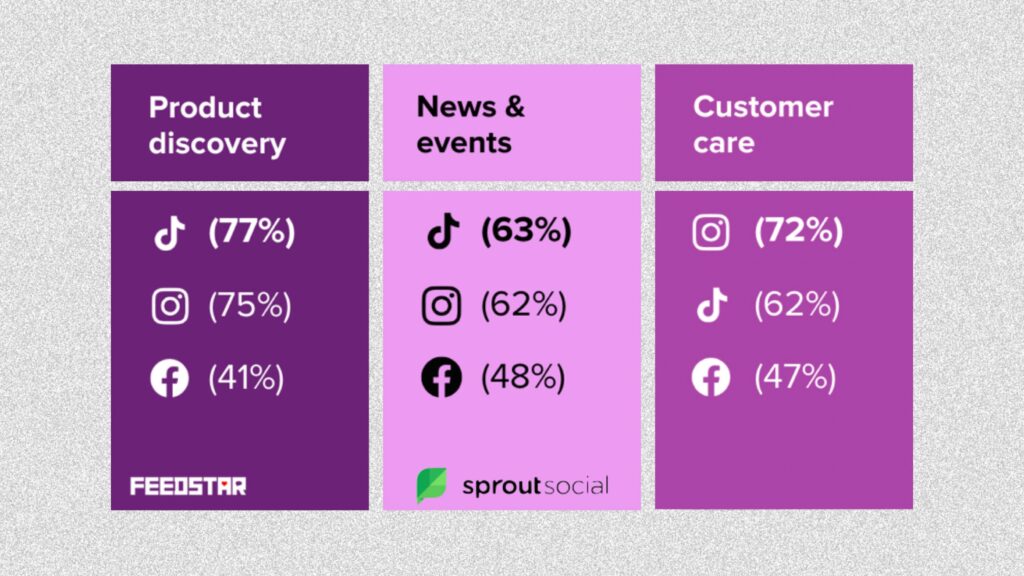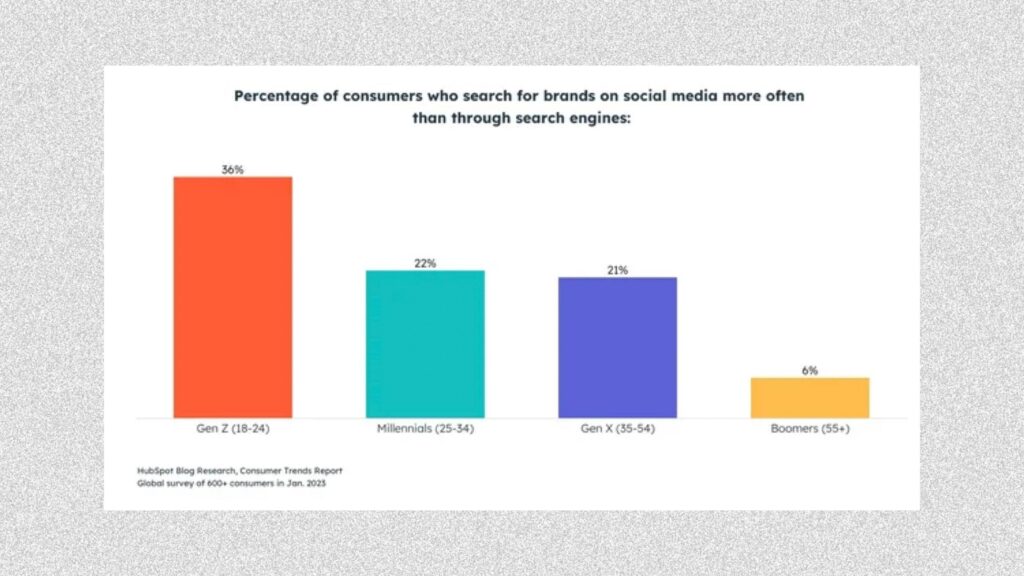Is TikTok becoming Gen Z’s ‘Google’? What started as a dancing app has evolved into a powerful discovery tool. To reach Gen Z effectively, brands must rethink their content strategies. This behavioural shift shows users now seeking authentic, human answers in short-form video. Platforms such as TikTok and Instagram are increasingly preferred over Google for recommendations, trend discovery, and even purchase decisions.
As a 1997 baby, I sit on the cusp between Gen Z and Millennials. Technically, I am a Gen Z, and I also carry some millennial values. I grew up when social media was non-existent, and my digital world was limited to playing Pinball and doodling on MS Paint.
Then came Instagram, initially just a photo-sharing app with artistic filters. Since then, we’ve seen Stories, IGTV, Reels, and more transforming social media into a dynamic playground where brands engage audiences at scale.
Having experienced social media’s evolution from a “non-social” perspective, I feel positioned between generations: I remember life without social media but have also adapted to its role in daily life.
And that role? For me and many in my demographic, social media is no longer just for socialising; it’s become a primary search tool.
Why Social Media Has Replaced Google for Search
From browsing recipes and travel inspiration to staying updated on current events, I now turn to platforms like Instagram and TikTok as my go-to sources of information.
I’m not the only person doing this; ask anyone under 25, and they’ll tell you the same. Google was so last decade, man.
The Rise of Social Media as a Search Tool

1. Changing User Behaviour
Gen Z has been conditioned to consume content in seconds. TikTok and Instagram cater to short attention spans by delivering bite-sized, visually engaging content. This format is especially appealing, as 69% of Gen Z prefers TikTok specifically because video makes information more relatable and easier to process. Traditional search engines with long-form content aren’t designed for this fast-paced consumption.
2. Content Discovery vs. Traditional Search
Gen Z uses social media for much more than just product browsing. They look for news, brand interactions, and even customer service. Forty per cent of 18-24-year-olds now turn to TikTok over Google to find places to eat or visit, and in fashion and beauty, TikTok leads as a source for brand discovery, with up to 72% of users making purchases based on products they see on the platform.
The “TikTok Made Me Buy It” trend is a testament to the platform’s influence on consumer decisions. Read more here.
Getting the right results from Google is becoming harder, so young audiences are leading toward TikTok and Instagram for more visually rich results.
Luc Wiesman – Founder, Feedstar
Why Social Media Search Is Winning

1. Visual & Engaging Content
Social media thrives on immersive, visually rich content. Whether it’s product reviews or lifestyle inspiration, engaging images, short-form videos, and real-time interaction create a more compelling experience than static, text-heavy searches. TikTok, in particular, provides users with a blend of discovery and entertainment that taps into Gen Z’s preference for visual learning..
2. Personalisation and Community Trust
TikTok’s personalised algorithm uses content based on past interactions, essentially turning it into a custom search experience. Users find this approach highly engaging and trustworthy. The community-driven nature of these platforms makes recommendations feel more authentic, as Gen Z values real experiences over impersonal data. They’re also more likely to trust peer reviews and user-generated content, which 86% of users say feels more credible than branded content.
3. SEO for Social Media
As social media rises as a primary search tool, traditional SEO is evolving. Brands now need to optimise for TikTok and Instagram algorithms, focusing on engagement and relevance through hashtags, trends, and user interactions. Google itself has recognised this shift, exploring ways to include social media links within its results to recapture some of the younger audience’s attention. This shift suggests that SEO strategies for social platforms are now just as critical as those for search engines.
The Future of Search?

Social media isn’t just a source of information; it provides a community-driven experience that’s personal, visual, and trustworthy. For brands, this shift means that to engage Gen Z, content must offer genuine value and be optimised with keywords and relevant tags to reach the right people at the right moments.
Feedstar creates impactful content that bridges the gap between brands and audiences actively seeking information.
We’re seeing this shift particularly for products. It’s much easier to see the product being used and reviewed thanks to short form verticle video. No reading required, just instant information and entertainment.
Luc Wiesman – Founder, Feedstar
Tips to Capitalise on this Growing Search Trend
- Don’t skimp on details in captions and voiceovers. This means brand, product name, serial numbers even. People will try every option when they want to see a product being used.
- Visual and community-driven content on social platforms builds higher trust among Gen Z.
- Jumping onto search trends can help drive reach and engagement.
If you want to learn more about reaching and engaging Gen Z and millennials on social media, contact Feedstar today.



